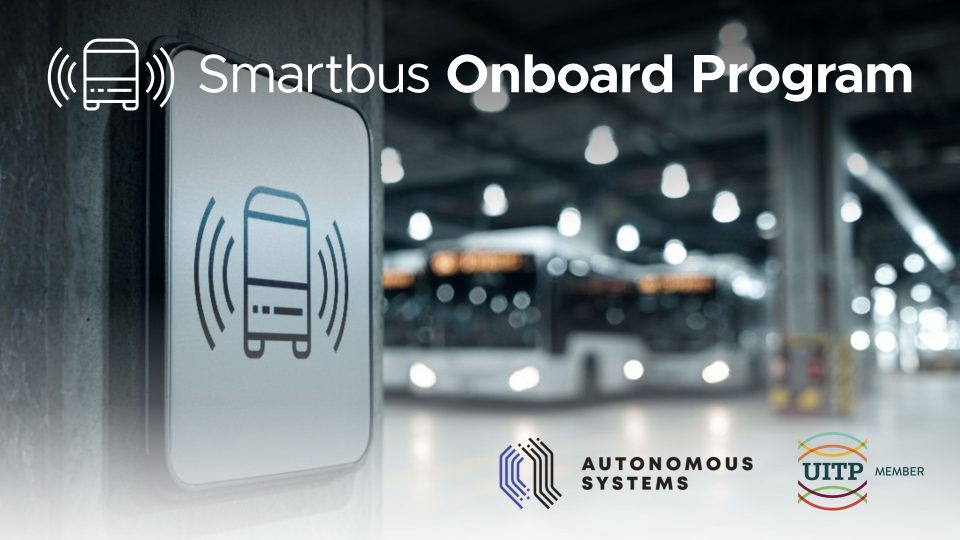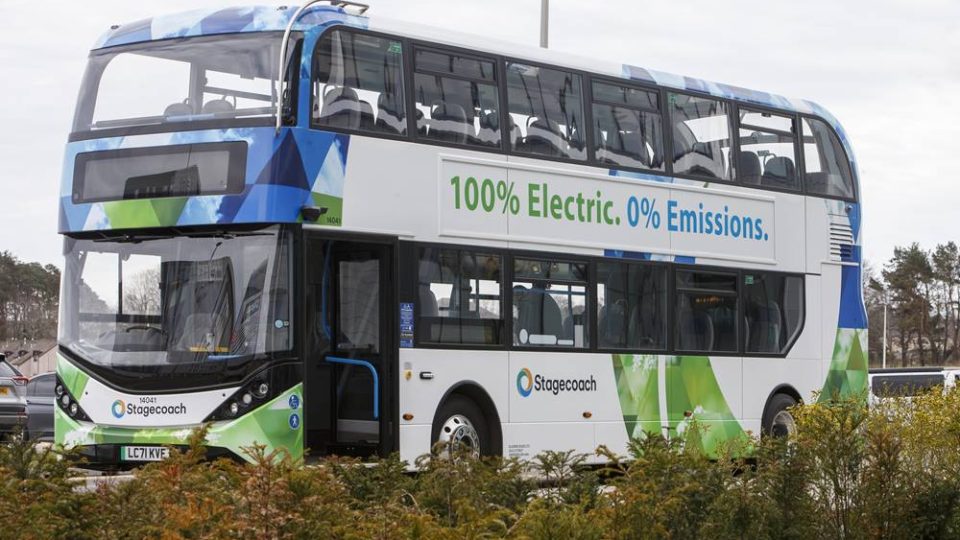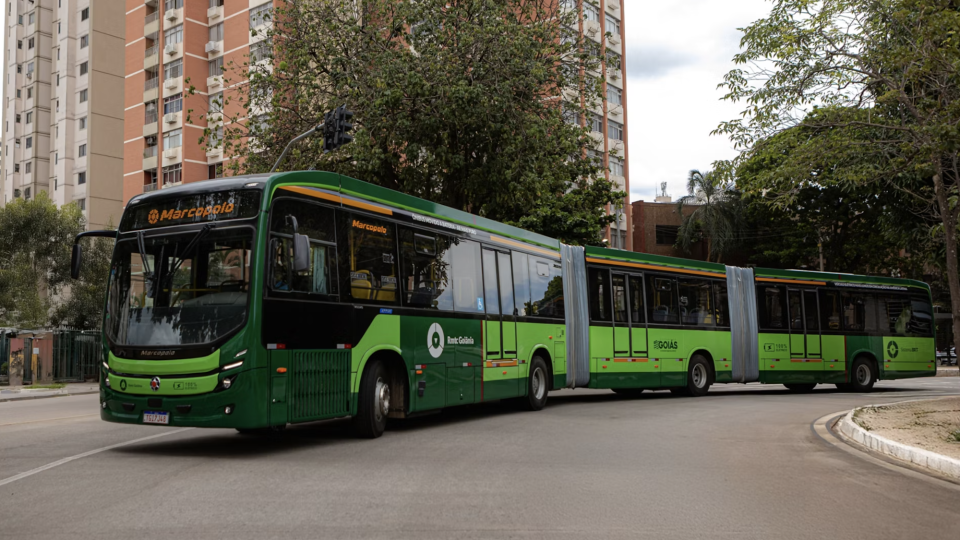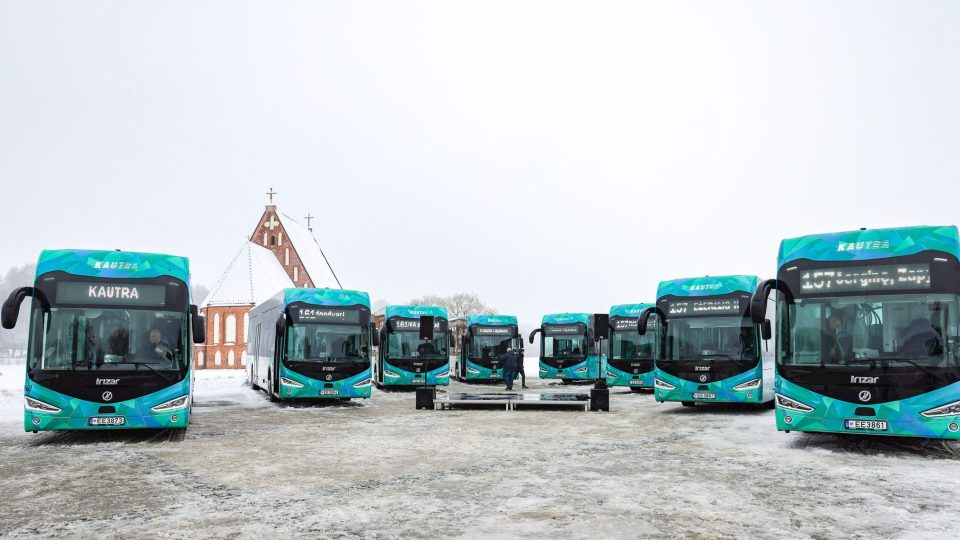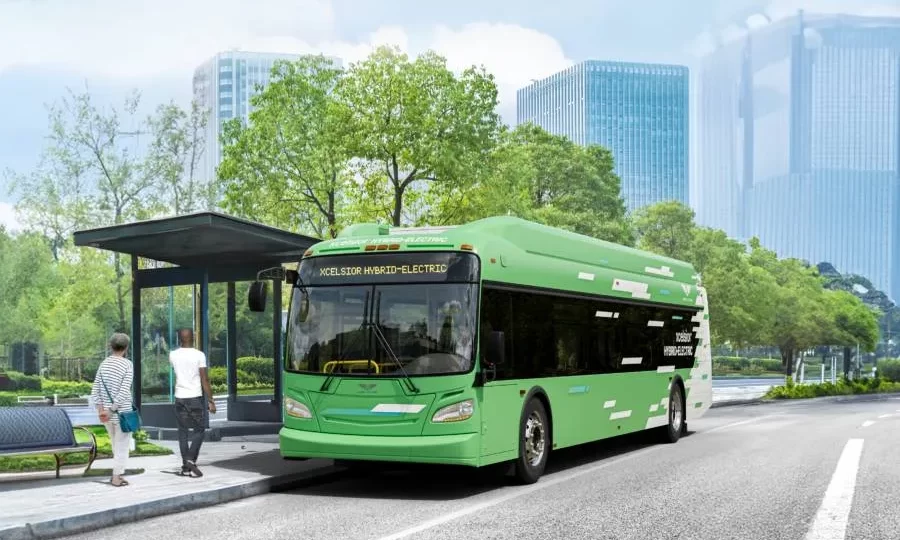New York invests nearly $80 million to accelerate zero-emission bus transition
New York State has awarded nearly 80 million dollars to seven transit providers as part of the Zero-Emission Transit Transition (ZETT) Program, an initiative designed to support the deployment of zero-emission vehicles and infrastructure across the state. The funding aligns with Governor Kathy Hochul’s climate agenda and New York’s broader objective of cutting greenhouse gas […]
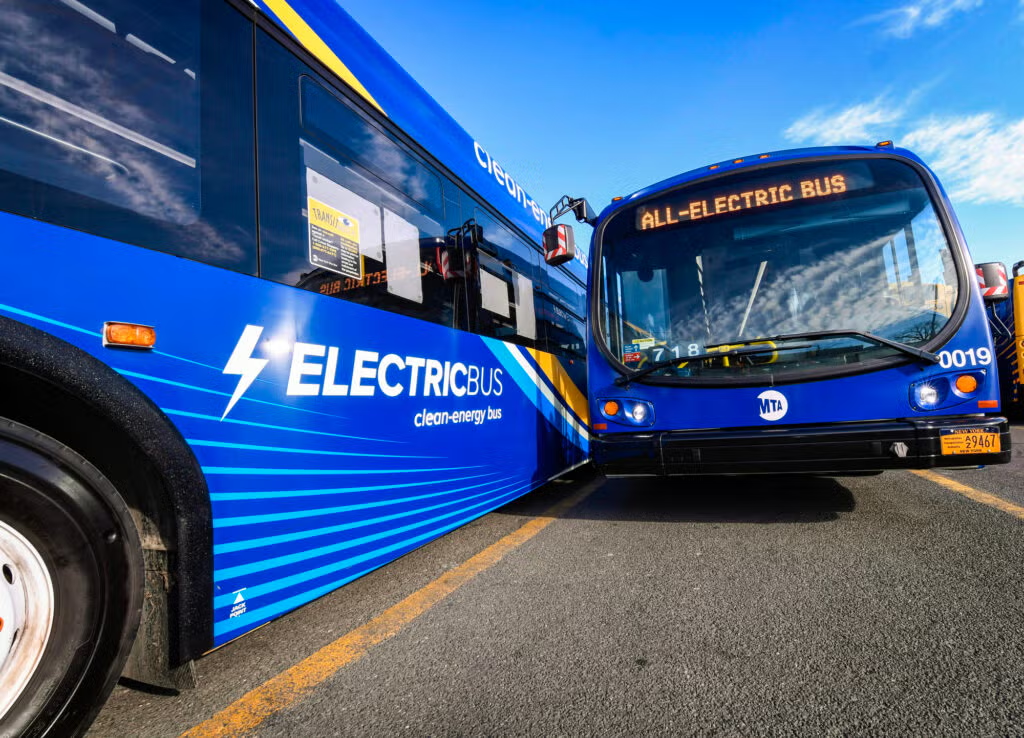
New York State has awarded nearly 80 million dollars to seven transit providers as part of the Zero-Emission Transit Transition (ZETT) Program, an initiative designed to support the deployment of zero-emission vehicles and infrastructure across the state. The funding aligns with Governor Kathy Hochul’s climate agenda and New York’s broader objective of cutting greenhouse gas emissions from the transport sector.
Launched in December 2024 with an initial allocation of 100 million dollars and expanded by an additional 20 million through the FY26 Enacted Budget, the ZETT Program represents one of New York’s most comprehensive efforts to decarbonize public transport outside the MTA network.
Administered by the New York State Department of Transportation, the ZETT Program provides financial support for the purchase of battery-electric and hydrogen-electric buses, the construction and adaptation of depots and maintenance facilities, the installation of charging and fueling infrastructure, and the planning and design phases required for such transitions. The initiative targets non-MTA transit authorities, counties, and municipalities, offering local agencies the tools to modernize their fleets and operations.
Seven transit agencies awarded funding
The funding announced by Governor Hochul will be distributed among seven transit agencies, each pursuing a distinct but complementary path toward decarbonization. In the Capital Region, the Capital District Transportation Authority will receive 17.5 million dollars to advance one of the state’s most ambitious zero-emission infrastructure projects. The investment will finance the planning, design, and construction of a new training and maintenance complex that will serve as a dedicated base for a fully zero-emission fleet operating across Schenectady and Montgomery Counties and extending into parts of Saratoga County. The facility is conceived not only as a depot but as a technical hub, designed to train personnel in the operation, maintenance, and safety procedures specific to battery-electric and hydrogen-electric technologies. The project also includes the acquisition of two hydrogen fuel cell buses.
In Central New York, a similar allocation of 17.5 million dollars will allow the Central New York Regional Transportation Authority to consolidate its facilities and streamline operations in Oneida County, creating the structural conditions for a progressive transition to zero-emission mobility. The consolidation will centralize maintenance and charging activities while freeing capacity for future fleet expansion into neighboring Madison and Herkimer Counties. Centro plans to deploy both battery-electric and hydrogen fuel cell buses as part of its long-term electrification roadmap, testing operational flexibility across varying duty cycles and route profiles.
The Niagara Frontier Transportation Authority will also receive 17.5 million dollars to expand its electric operations in the Buffalo area. The project foresees the installation of two lanes of high-capacity charging infrastructure at the Cold Spring Bus Garage, enabling the integration of 18 new battery-electric buses into the fleet. Beyond immediate implementation, NFTA will carry out a feasibility study to assess infrastructure needs, costs, and timelines for extending zero-emission operations to its Frontier and Babcock garages — a step that could eventually position the authority for full fleet conversion in Western New York.
Further east, the Rochester-Genesee Regional Transportation Authority will direct an equivalent sum toward preparing its operations center for the arrival of hydrogen propulsion. The works will include utility and safety upgrades to ensure compliance with the technical requirements of hydrogen-electric vehicles, from fueling protocols to ventilation and monitoring systems. The project also covers the procurement of ten hydrogen fuel cell buses, laying the groundwork for Rochester to become one of the first mid-sized cities in the state to operate hydrogen-powered public transit vehicles on a daily basis.
Downstate, Suffolk County Transit will use five million dollars to purchase twelve battery-electric buses, expanding its initial electrification efforts and reinforcing its commitment to cleaner operations on Long Island. In the Southern Tier, Broome County Transit will receive 3.34 million dollars to add three electric buses to its fleet, while Ulster County Area Transit in the Hudson Valley has been awarded 1.35 million dollars for the site selection and design of a new bus facility fully equipped with charging infrastructure.
State Senator Jeremy Cooney said, “I’ve always believed that our state’s ambitious climate goals go hand-in-hand with our transportation and infrastructure goals. Thanks to Governor Hochul’s leadership, New York is establishing itself at the forefront of clean transportation options that will create a greener future for our state while meeting the transit needs of New Yorkers.”
Assembly Transportation Committee Chair William Magnarelli said, “It is encouraging to see funding going out to transit authorities to support the transition to zero-emission vehicles. The proper infrastructure is needed for this transition and these awards will help in this effort, especially Central New York.”



